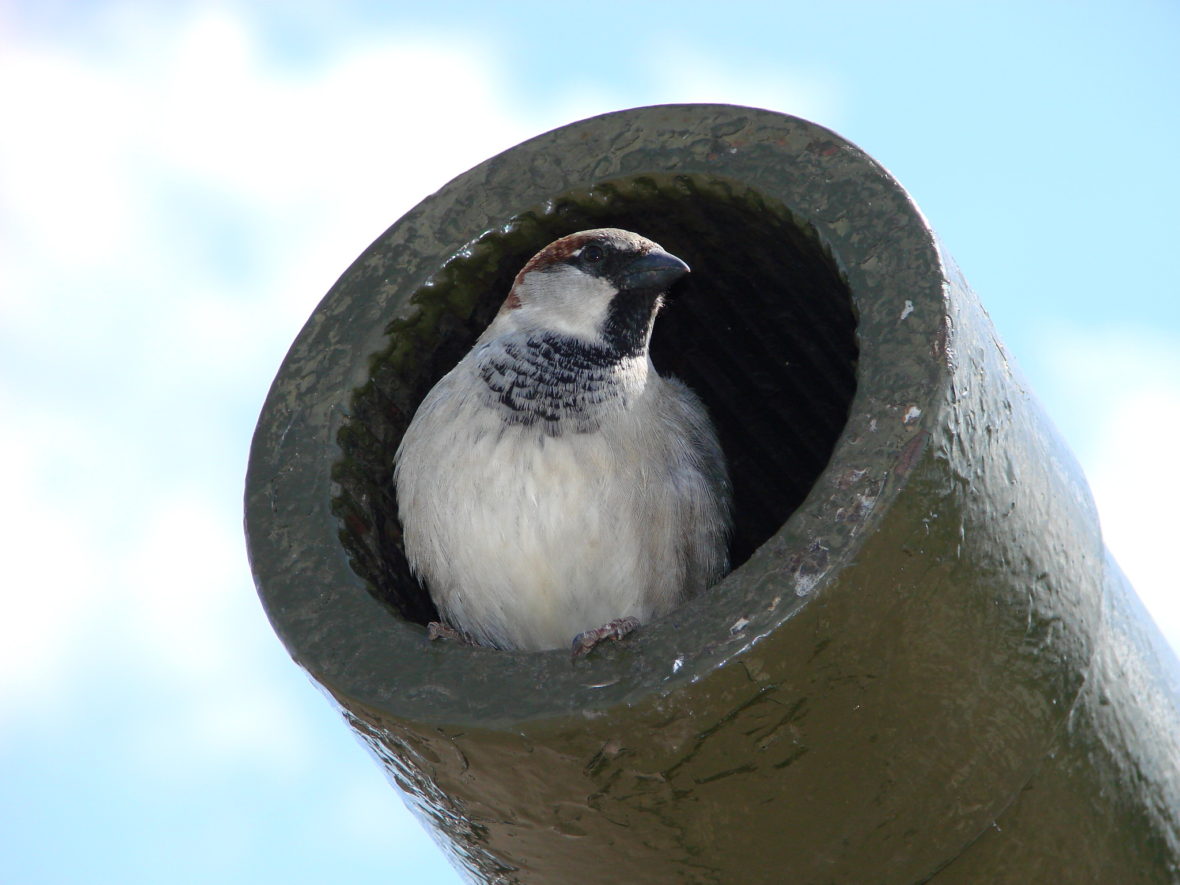This month brought the death of two enduring figures in Boston’s literary landscape–first Bill Corbett and now Sam Cornish. I don’t remember when Sam and I first met—possibly at Book Affair in 1980, where I was promoting Green House or Alice James Books. When Sam was literature director of the Massachusetts Council on Arts and Humanities from 1979-1982, he’d come to inspect the Ploughshares office in Watertown, perhaps regarding a grant request. Sam didn’t drive, so he’d take the T and a bus to Waverly Square; he’d comment on the hostile looks he’d get walking through the neighborhood.
In the late 1980s, I had the privilege of working with Sam on his memoir, one of two volumes published under the imprint of Ploughshares Books (the jacket and book design were by Don Lee). Although it’s listed in his curriculum vitae as 1935–A Prose Memoir, it’s not just prose, and it doesn’t follow a traditional, linear structure. Flash-fiction-style sections are punctuated by poems, and impressions crowd one another like folks at a wedding, or a wake. Here he describes “Aunt Harriet’s friend Uncle Eddie,” first in verse:
Eddie is a laugh and fine
shoes
full lips and white
teeth grinning
to high
heaven
Eddie from Georgia sorrowful place
then in prose:
“… when Eddie, a wonderful greasy brown man, came for his weekly visit, he read stories about Red Barry, a crime fighter, an undercover cop with guns that blazed like cannons: ‘Bang! Bang! Bang!’” This all comes before the information, “I was born in a house without gas or electricity where for fifteen years the only hot water was boiled on a stove that heated water in a bucket over a wood fire, and the lights would be the dim lamp that sat on the kitchen table.” The book is mostly composed of one, two, or three paragraph sections with titles like “Illustrated Noir,” “The Brave Young on a Dark Street. Oh, Shit, I Thought,” and “Colored People Zora Neale Hurston Would Not Like.” Here’s the entirety of “Herman Washington Brown”: “I was raised like an animal in Mississippi. Young folks today think they would not take the treatment slaves took every day, well I tell you, it was a handful of corn or die….”
The book includes a few photographs, and I remember asking Sam if he had any family snapshots to add. Sam gave me a look, and said no, they couldn’t afford such things. I assumed that the family of a fellow professional would keep photo albums, just like mine; I’d just revealed how unmindful I was of the way certain histories are erased.
Sam became Boston’s first poet laureate in 2008. I hope that his appearances brought him more readers, and that now he’s gone his memory—and memories, collected in 1935—will persist.
